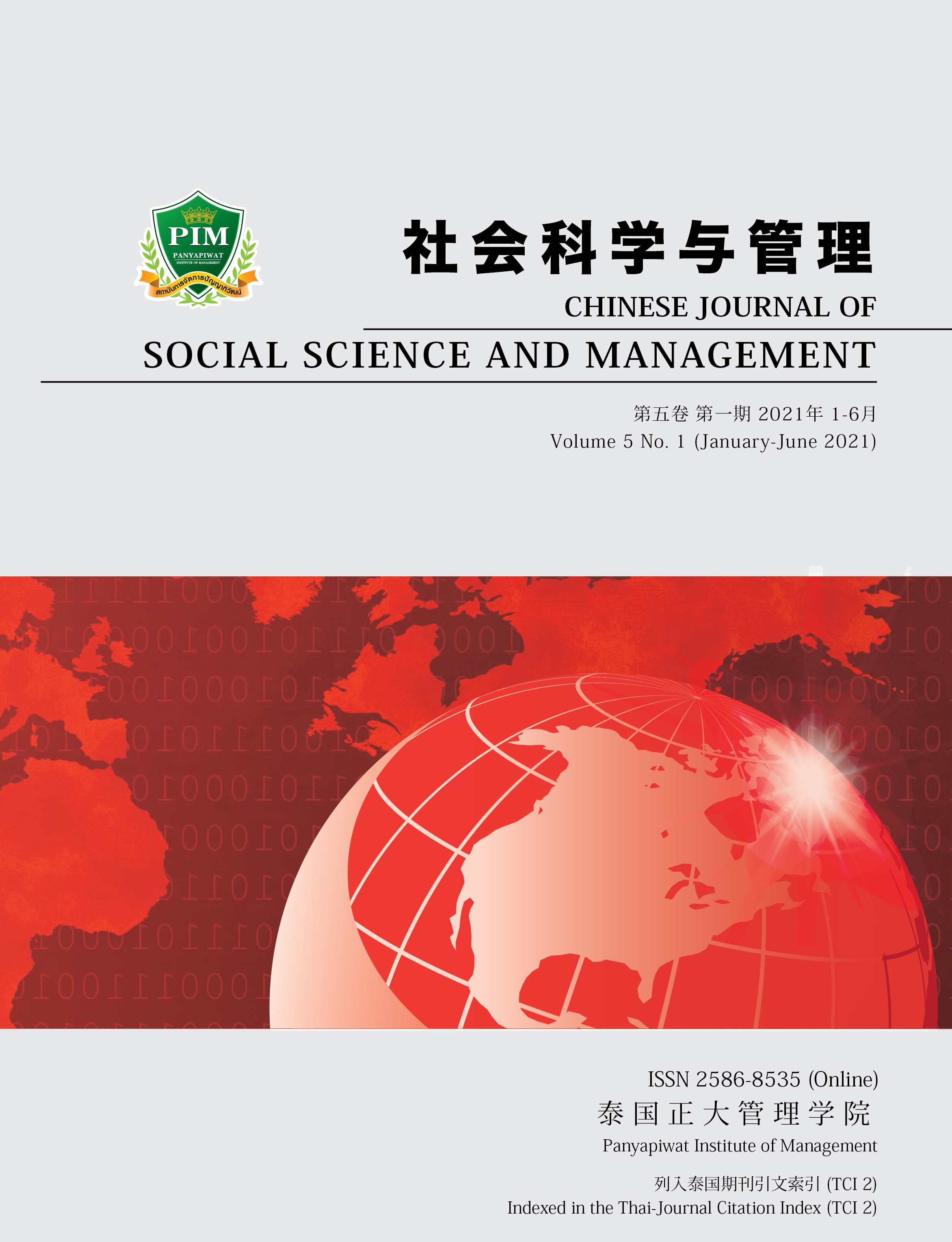LINGUISTIC BIAS BASED ON SOCIOLINGUISTICS BY R.A. HUDSON
Main Article Content
Abstract
In sociolinguistics, Hudson talked about the phenomenon of “linguistic bias” when he discussed “the inequality between language and society”. He believed that the source of information that people use to communicate in language forms is called “linguistic bias”. Based on this theory and from the perspective of anthropology and sociolinguistics, this paper attempts to analyze the logic of the formation of linguistic bias, the relationship between linguistic bias and cultural differences, the characteristics of a linguistic bias, the relationship between linguistic bias and social inequality, and the significance of linguistic bias. Through analysis of examples, it was found that linguistic bias exists in social practice, which is a common but easily ignored social phenomenon. Linguistic bias can enhance the unity of members in a group, but it may also cause conflicts among various groups. “Bias” is not equal to “discrimination”; however, only by facing up to the fact that linguistic bias exists and respecting the diversity of group culture, will different groups be able to benefit from more harmonious relations.
Article Details
Chinese Journal of Social Science and Management Editorial Division
The Office of Research and Development, Panyapiwat Institute of Management
85/1 Moo 2, Chaengwattana Rd., Bang Talat, Pakkred, Nonthaburi 11120, Thailand
Tel. 02 855 01048 E-mail: cjssm@pim.ac.th
References
Alston, W. P. (1988). Philosophy of Language. Beijing: Sanlian Bookstore Publishing House.
De Saussure, F. Translated by Gao Mingkai. (1999). General Linguistics Course. Beijing: The Commercial Press. [in Chinese]
Fu, X. (2002). Language and Culture from the Perspective of Anthropology. Academic Forum, 6, 112-115. [in Chinese]
Hu, G. (2003). Viewing Linguistic Bias from Social Cognition. Journal of Chongqing Petroleum College, 3, 21-23. [in Chinese]
Hudson, R. A. (1990). Sociolinguistics. Beijing: China Social Sciences Press. [in Chinese]
Ji, C. (2006). The Impact of Cultural Differences on Language Comprehension. Management Theory and Education Research, 2, 452-453. [in Chinese]
Jiang, Y., & Yang, H. (2015). Intentions Behind Language: The Linguistic Inter-Group Bias. Advances in Psychological Science, 12, 2142-2152. [in Chinese]
Marx, K., & Engels, F. (1995). Selected Works of Marx and Engels (Volume 1). Beijing: People’s Publishing House. [in Chinese]
Xiong, W. (2011). A Study of Discourse Bias in Intercultural Communication: A Critical Discourse Analysis Approach. Journal of Theory Monthly, 9, 76-80. [in Chinese]
Zhao, X. (2012). Language Prejudice Between Groups. Philosophy and Humanities. Journal of Theory Monthly, 3, 84-87. [in Chinese]


